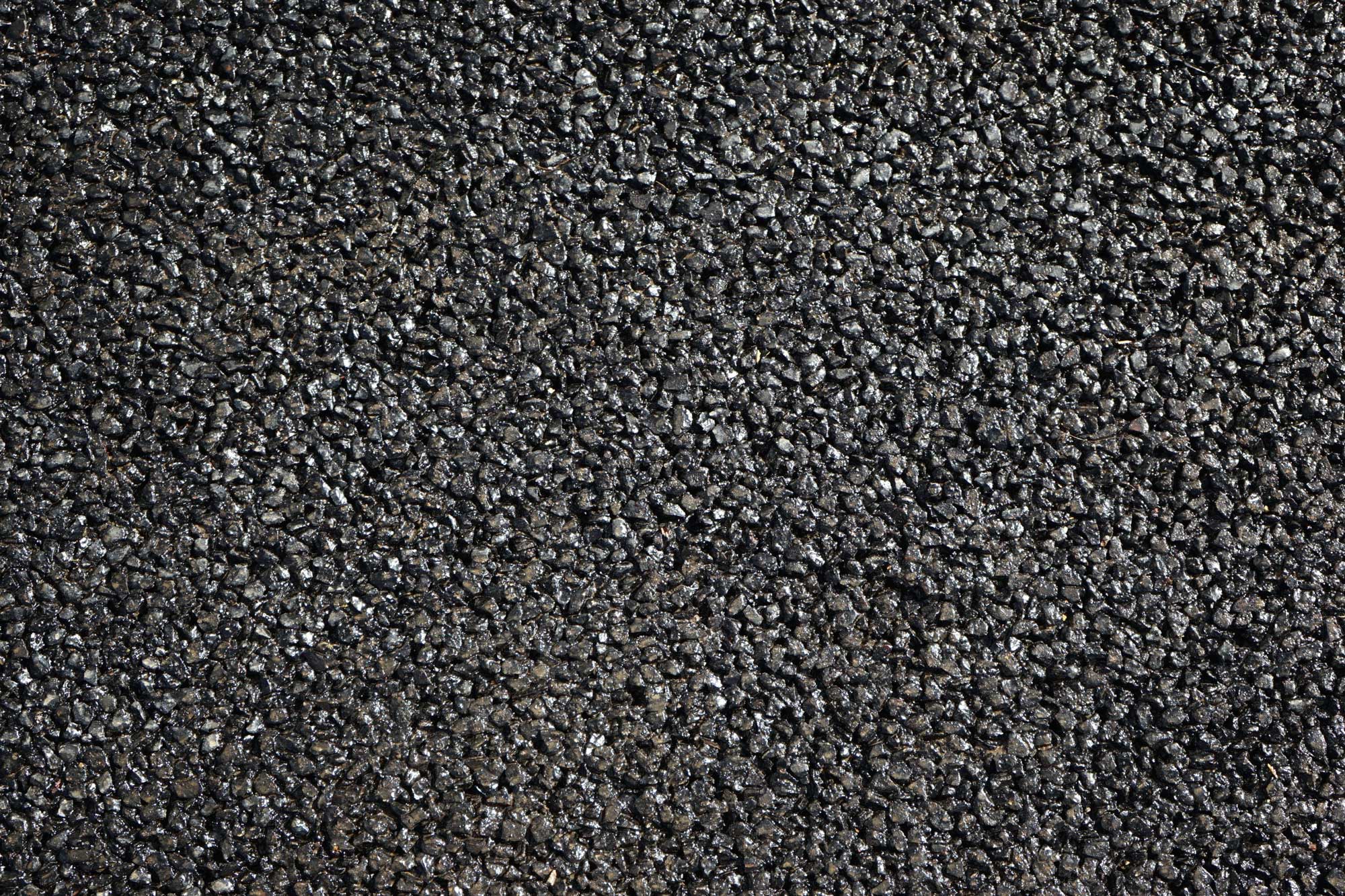Exploring the Environmental Benefits of Warm Mix Asphalt
The application of Warm Mix Asphalt in framework tasks offers an engaging situation for lasting development and ecological stewardship. By diving into the intricate information of its production procedures and the cutting-edge use recycled products, a much deeper understanding emerges of exactly how this technology surpasses plain surface area applications. The environmental advantages of Warm Mix Asphalt expand far past initial perceptions, supplying a nuanced viewpoint on exactly how this product can lead the way for a greener future.

Minimized Greenhouse Gas Emissions
Warm Mix Asphalt manufacturing supplies a considerable reduction in greenhouse gas discharges compared to other sidewalk materials. The production procedure of Warm Mix Asphalt includes warming the combination of aggregate and asphalt binder to heats. This process needs much less energy contrasted to the production of alternative pavement materials, resulting in lower greenhouse gas emissions. Additionally, using recycled products in Hot Mix Asphalt even more adds to reducing its environmental impact. By incorporating reclaimed asphalt sidewalk and recycled asphalt shingles right into the mix, the need for virgin materials is reduced, leading to power savings and decreased emissions connected with removal and processing.
Studies have actually shown that Hot Mix Asphalt sidewalks have a smaller sized carbon footprint over their life process contrasted to other pavement alternatives. The longevity and recyclability of Warm Mix Asphalt better enhance its ecological advantages by reducing the need for frequent maintenance or substitute, thereby conserving sources and lessening exhausts connected with repair activities.
Energy Performance and Conservation
The manufacturing procedure of Warm Mix Asphalt not just minimizes greenhouse gas exhausts yet additionally adds dramatically to power performance and preservation initiatives. Energy effectiveness is a key benefit of Hot Mix Asphalt manufacturing contrasted to various other pavement kinds. The longevity of Hot Mix Asphalt reduces the frequency of maintenance and reconstruction, leading to long-lasting energy savings.
Lasting Pavement Solutions

One key aspect of lasting pavement options is using recycled materials such as recovered asphalt pavement (RAP) and recycled asphalt tiles (RAS) By including these materials right into the asphalt mixes, the demand for virgin resources is minimized, causing lower energy intake and greenhouse gas discharges throughout production. Additionally, the reuse of these products helps divert waste from garbage dumps, adding to a more round and lasting economy.
Additionally, sustainable pavement options focus on optimizing sidewalk design to improve efficiency and durability. Strategies such as warm mix asphalt (WMA) and rock mastic asphalt (SMA) enhance the resilience and resilience of pavements, reducing the need for constant repairs and replacements. By implementing these ingenious techniques, framework programmers can produce pavements that not just meet high-performance standards yet additionally lessen their ecological commercial parking lot paving impact.
Minimized Environmental Impact
Hot mix asphalt, in particular, supplies a number of benefits that add to decreasing the overall environmental footprint of roadway infrastructure. One crucial element is the recyclability of asphalt, which can be reused numerous times without endangering its top quality - Regrading.
In addition, the manufacturing of warm mix asphalt gives off reduced degrees of greenhouse gases compared to various other sidewalk products, making it a much more eco-friendly option. The power efficiency of asphalt plants has additionally improved over the years, leading to minimized fuel intake and lower emissions. In addition, the smooth surface area of warm mix asphalt minimizes rolling resistance for cars, causing reduced fuel consumption and decreased air contamination from automobile discharges.
Payment to Environment Adjustment Mitigation
Hot mix asphalt plays a critical role in mitigating environment change with its lasting residential properties and reduced ecological impact. One significant contribution to environment adjustment mitigation originates from the power performance of hot mix asphalt production. Compared to various other sidewalk choices, the production process for hot mix asphalt takes in less energy and discharges reduced levels of greenhouse gases, therefore reducing its overall carbon impact.
In addition, hot mix asphalt's ability to reflect sunlight, referred to as albedo, helps in lowering urban heat island impacts. By lessening warmth absorption and retention, hot mix asphalt sidewalks can lower the demand for cooling in urban locations, subsequently reducing greenhouse gas discharges related to energy intake for cooling down functions.
In addition, the resilience and recyclability of warm mix asphalt further enhance its climate modification reduction abilities. Regrading. The lengthy life expectancy of asphalt pavements lowers the requirement for frequent repairs or substitutes, inevitably decreasing the carbon discharges connected to roadway upkeep tasks. Furthermore, the recyclability of asphalt materials reduces the need for virgin sources and reduces the environmental influence of pavement building, aligning with sustainable techniques for environment modification mitigation.
Conclusion
To conclude, the environmental advantages of Hot Mix Asphalt show its significant payment to lowering greenhouse gas discharges, saving power, and minimizing environmental influence. This sustainable pavement service straightens with climate modification reduction efforts, promotes source conservation, and enhances infrastructure development. By using recycled materials, energy-efficient production processes, and long lasting layout, Hot Mix Asphalt plays a vital duty in fostering a more eco-friendly technique to infrastructure construction.
The manufacturing process of Warm Mix Asphalt includes warming the combination of aggregate and asphalt binder to high temperatures. By incorporating recovered asphalt pavement and recycled asphalt roof shingles right into the mix, the demand for virgin materials is minimized, leading to power cost savings and decreased discharges linked with extraction and processing.
One key aspect of sustainable pavement options is the usage of recycled materials such as redeemed asphalt sidewalk (RAP) and recycled asphalt tiles (RAS) Strategies such as cozy mix asphalt (WMA) and rock mastic asphalt (SMA) boost the resilience and durability of sidewalks, decreasing the requirement for constant repair services and replacements. Compared to other sidewalk alternatives, the manufacturing procedure for warm mix asphalt consumes less energy and emits lower levels of greenhouse gases, hence minimizing its total carbon impact.